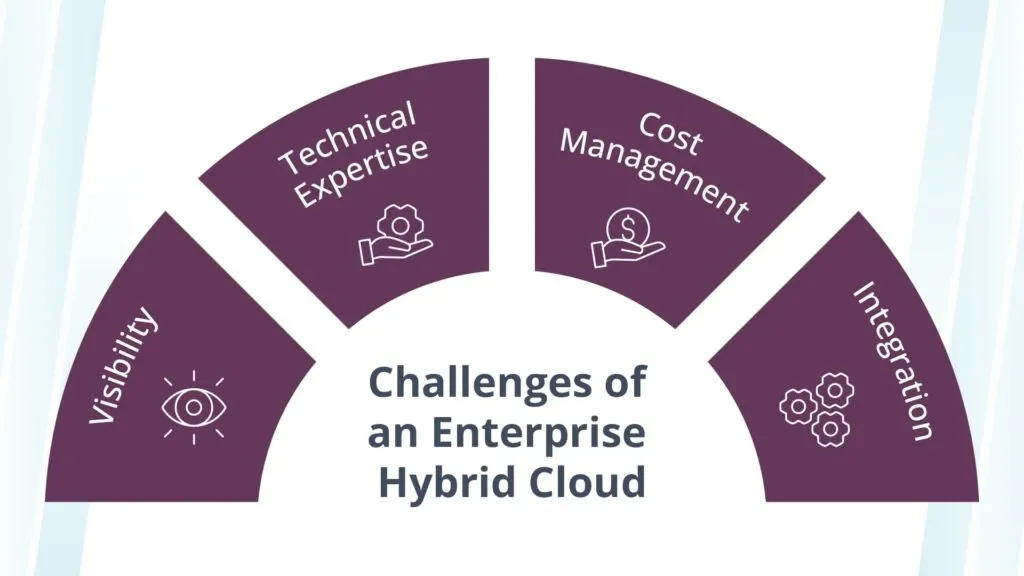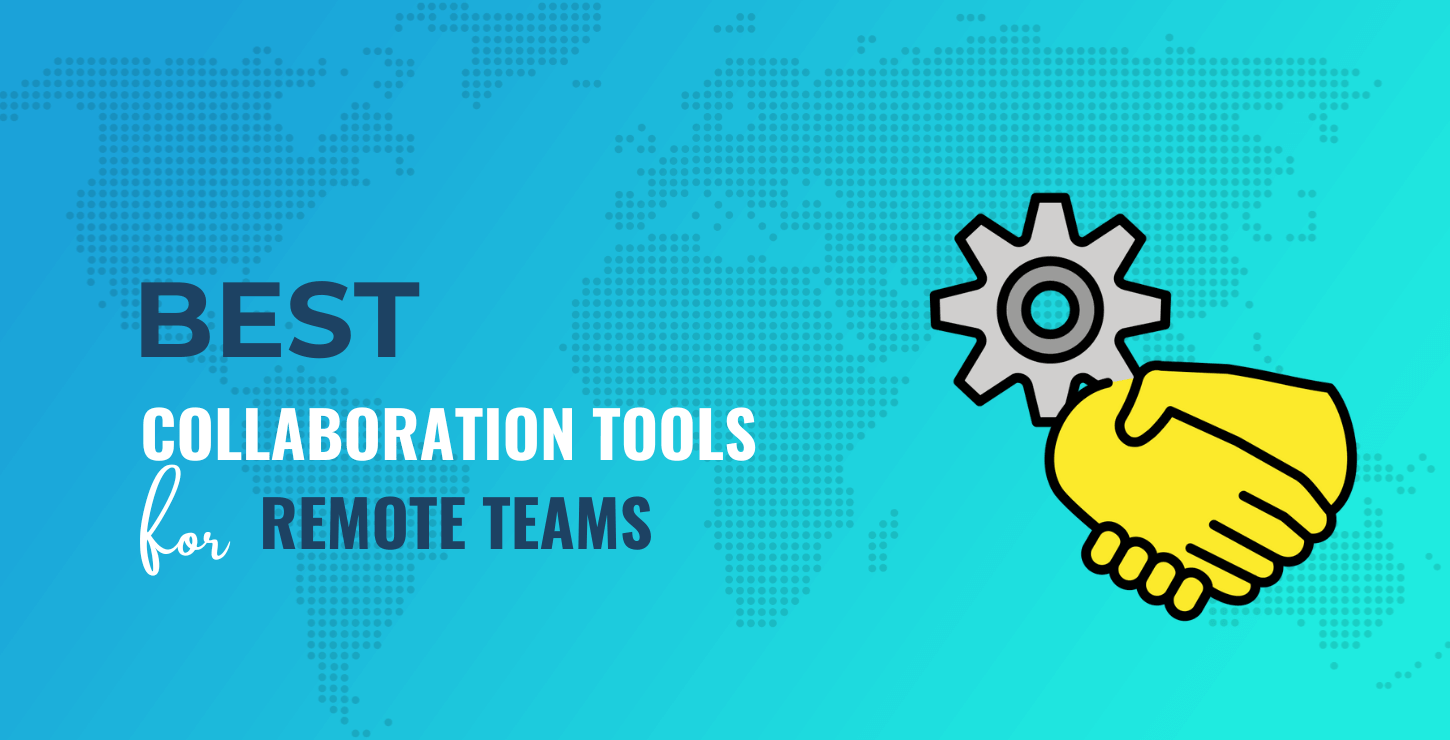Though it's not just for cryptocurrencies, blockchain technologies have transformed sectors. Solutions for enterprise blockchain provide companies a safe, open, and quick means of handling operations, data, and transactions. Businesses all over are using blockchain to increase efficiency and lower fraud, in supply chains, banking, and healthcare among other areas.
The greatest corporate blockchain solutions will be discussed in this article together with their advantages and how to select the correct one for your company.
Read also How To Transition From Startup To Enterprise
important advantages of enterprise blockchain
Improved Transparency and Protection?
With immutable ledgers, blockchain guarantees data integrity unlike in conventional databases. Real-time recording of transactions under security via cryptographic hash helps to lower fraud and cyberattacks.
Better Cost Savings and Efficiency?
Eliminating intermediaries and using smart contracts to automate procedures helps companies save money and hasten operations. Blockchain removes delays from data sharing between several stakeholders.
Improved auditing and compliance?
Blockchain offers an unchangeable audit trail, therefore enabling companies to follow rules and simplify reporting. In sectors like banking and healthcare where rigorous compliance is required, this is particularly helpful.
Leading Blockchain Platforms for Businesses
1. Fabric hyperledger
Designed for companies needing private, scalable, and secure transactions, Hyperledger Fabric—developed by the Linux Foundation—is a permissioned blockchain platform
- Use Cases: Healthcare, finance, supply chains
- Important traits include modular construction, smart contract capability, great privacy.
2. Ethereum for Industry (Enterprise Ethereum Alliance - EEA)
Smart contract features and distributed apps (DApps) of Ethereum are well-known. Tailoring Ethereum for companies, the Enterprise Ethereum Alliance (EEA)
- Decentralised finance (DeFi), asset tokenising, identity verification
- Key characteristics: wide developer community supported by both public and private networks
3. Corda by R3
Designed with an eye towards finance, Corda is a blockchain meant to enable direct commercial transactions free from third party intermediation.
- Banking, insurance, trade finance—use cases
- Important traits: fast transaction processing with privacy-oriented
4. Quorum
Designed by J.P. Morgan, Quorum is an enterprise-grade variation of Ethereum ideal for banking and financial uses.
- Use Cases: Safe documentation handling, financial transactions
- Important characteristics include quick transactions and improved security.
5. Blockchain Technology for IBM
Designed on Hyperledger Fabric, IBM Blockchain is a very flexible, permissioned blockchain technology.
- Use cases include food safety, healthcare, supply chains management.
- Important traits: strong network, artificial intelligence integration, support for enterprises level.
6. Stellar Blockchain in Finance
Designed for trans-border payments and financial organisations, Stellar is an open-source blockchain.
- Remittances, microtransactions, financial settlements—use cases
- Important characteristics: quick and cheap transactions, solid financial network
Read also: Enterprise Collaboration Software For Remote Teams
How One Should Select the Appropriate Enterprise Blockchain Solution?
Business Needs and Scalability: Select a blockchain compatible for your company and objectives.
Verify the blockchain provides compliance tools, encryption, and privacy.
Integration with Existing Systems: Your present IT setup should be flawless with the solution.
Practical Uses of Enterprise Blockchain
1. Management of Supply Chains
Blockchain guarantees whole traceability, therefore lowering fraud rates and improving logistics' efficiency.
2. Banking and Financial Services
Blockchain is used by banks in digital asset management, fraud avoidance, and cross-border payments.
3. Medical Practitioner Data Security
Blockchain medical records advance patient safety and data protection.
4. Automacy and Smart Contracts
Using self-executing smart contracts, companies automate transactions, hence lowering documentation and mistakes.
5. Identity Verification and Preventive Fraud Detection
Blockchain improves digital identity security by means of identity theft and cybercrime prevention.
Enterprise Blockchain: Difficulties and Restraints
Scalability Problems: Some blockchains find great transaction volume difficult.
Governments are still working on blockchain rules. Regulatory issues abound.
High Implementation Costs: Starting a corporate blockchain might prove costly.
Blockchain in Business: Future Prospect
With developments in artificial intelligence integration, enhanced scalability, and more acceptance, business blockchain seems to have bright future prospects. Early blockchain adoption companies will have a competitive edge in security, efficiency, and openness.
Finish
Blockchain technology is changing companies right now; it is not a futuristic idea. From supply chains to finance to data security, business blockchain solutions provide unmatched benefits. Your company's demands, security concerns, and integration capacity will determine the correct platform.










